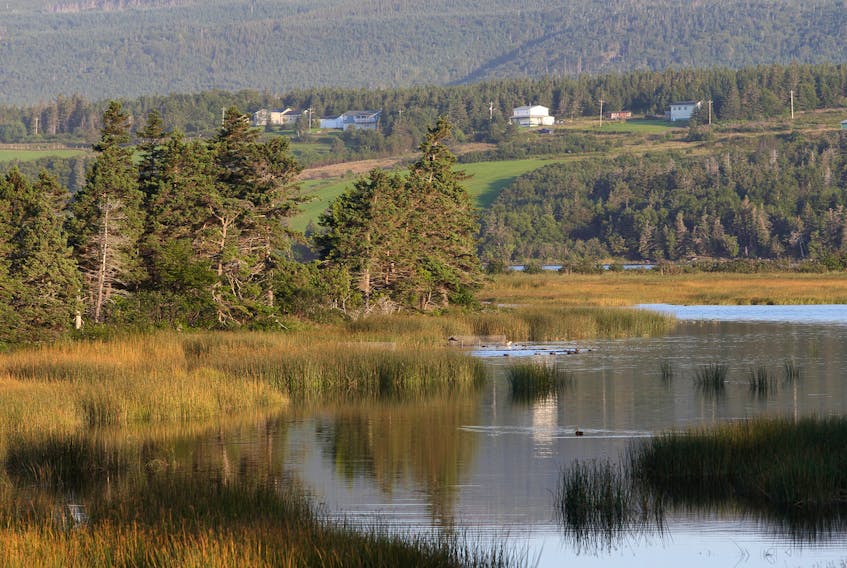Wetlands are some of the most ecologically important and biologically productive places on earth, but they are often undervalued or considered “unproductive.”
Whether they are bogs, swamps, ponds or salt marshes, wetlands are full of life: they provide vital nesting and feeding grounds for birds, as well as habitat for insects, amphibians, fish and many other animals. When wetlands are lost, the plants and animals that rely on these special habitats become threatened.
Wetlands also play an important role in the safety and health of our communities. Like giant paper towels, they absorb and hold water to buffer our cities and farms from both floods and droughts. They play a critical role in absorbing and storing carbon pollution. They also remove sediments, excess nutrients and even bacteria, from our drinking water.
In Canada, we have one quarter of the world’s wetlands, which are not only important for the health of Canada, they are important for the health of the planet. Unfortunately, Canada’s wetlands are disappearing at an accelerating rate, mainly due to urban development, pollution and conversion to agriculture. To mention a few examples, more than 70 per cent of southern Ontario’s wetlands, 85 per cent of B.C.’s South Okanagan wetlands and 65 per cent of the Maritimes’ salt marshes have been lost. Sadly, Canada is part of a global trend: since 1900, more than 64 per cent of the world’s wetlands have been lost, with nearly half this loss happening since 1970.
Wetlands are disappearing so fast that immediate action is needed to conserve the ones we still have. At the Nature Conservancy of Canada (NCC), we identify and map the most important wetlands in each province, and focus our efforts on those needing the most urgent protection. Through partnerships with private landowners, communities, local organizations and governments, NCC is working to conserve key wildlife habitats in Newfoundland and Labrador, such as the large bog we protected last spring in the Codroy Valley, part of NCC’s 600-acre conservation area in the Grand Codroy Estuary.
The federal government is partnering with NCC and other conservation groups to preserve wetlands through the Natural Areas Conservation Program. This program has helped NCC conserve more than 2.8 million acres across Canada. NCC has also secured 379,000 acres of wetland habitat for migratory birds through funding made available under the North American Wetlands Conservation Act. By encouraging this investment in nature, we can protect vital wildlife habitat as well as communities that rely on the services intact wetlands provide.
Canada has committed in international agreements to protect 17 per cent of its land by 2020. We need to focus conservation efforts on the places that matter most for nature and matter most for people — and many of those places are wetlands. By supporting wetland conservation, each of us can help Canada be a world leader in saving wetlands, addressing climate change and building a natural legacy for future generations.
John Foley, Atlantic regional vice-president
Nature Conservancy of Canada.









